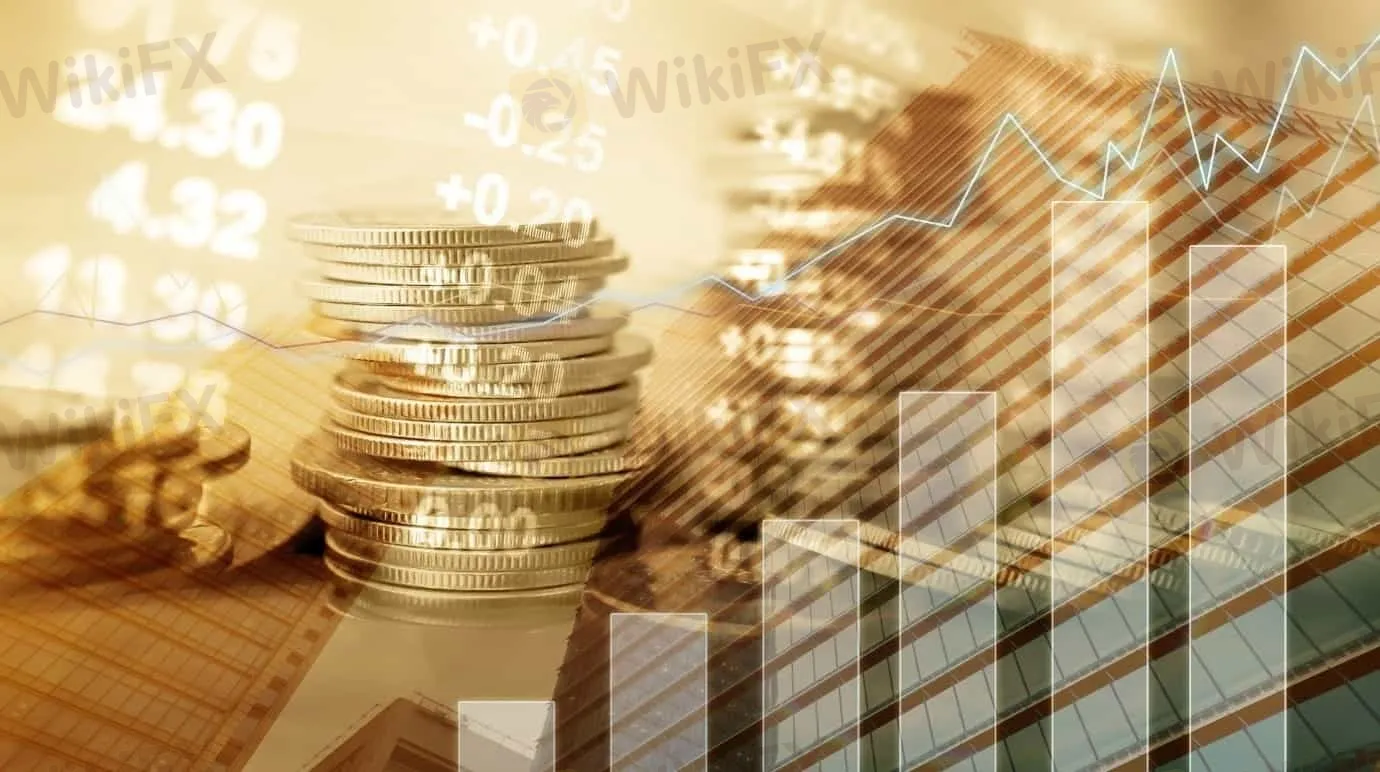简体中文
繁體中文
English
Pусский
日本語
ภาษาไทย
Tiếng Việt
Bahasa Indonesia
Español
हिन्दी
Filippiiniläinen
Français
Deutsch
Português
Türkçe
한국어
العربية
Fitch Downgrades the U.S. Credit Rating: Unpacking the Implications
Abstract:Fitch Ratings, in a noteworthy action, has lowered the United States' Long-Term Foreign-Currency Issuer Default Rating (IDR) from 'AAA' to 'AA+'. This announcement, made on August 1, 2023, mirrors apprehensions concerning the nation's fiscal stability, governance norms, and debt handling, consequently indicating to investors and international markets about a heightened risk when lending to the United States. The immediate effect of this downgrade remains uncertain, especially as markets are presently performing poorly.

Fitch Ratings, in a noteworthy action, has lowered the United States' Long-Term Foreign-Currency Issuer Default Rating (IDR) from 'AAA' to 'AA+'. This announcement, made on August 1, 2023, mirrors apprehensions concerning the nation's fiscal stability, governance norms, and debt handling, consequently indicating to investors and international markets about a heightened risk when lending to the United States. The immediate effect of this downgrade remains uncertain, especially as markets are presently performing poorly.
Decoding the Downgrade
Credit ratings are an integral part of the financial system, acting as a barometer for assessing the creditworthiness of a nation. Essentially, they help investors worldwide to navigate the investment landscape by offering a risk-assessment tool. Therefore, a downgrade can significantly impact the inflow of investment, leading to fluctuations in market stability.
for public spending in areas like infrastructure, education, and healthcare.
Higher borrowing costs can also trickle down to businesses and consumers. If the government borrows at higher rates, banks and other lending institutions often raise their interest rates as well. Consequently, businesses might find it more expensive to finance their operations or expansion plans, and consumers may face higher rates on mortgages, credit cards, and loans. This can slow down domestic consumption and economic activity.
The U.S. plays a pivotal role in the global financial system. As the issuer of the worlds preeminent reserve currency, the U.S. dollar, its credit rating can have substantial implications for global financial stability.
A downgrade can lead to a decrease in the value of the U.S. dollar against other currencies. This shift could affect international trade, as many global transactions are conducted in U.S. dollars. Furthermore, many countries hold U.S. government bonds as part of their foreign exchange reserves. A downgrade, and the subsequent potential decrease in bond values, could impact the value of these reserves.
Furthermore, given the integrated nature of today's global financial system, a drop in trust from investors in the U.S. or a sudden change in U.S. asset values could induce substantial worldwide financial market instability.
Basically, the demotion of the U.S. credit rating is not merely a domestic issue. It bears extensive implications that could echo across the international financial ecosystem, affecting countries well beyond the confines of the U.S. borders.

Disclaimer:
The views in this article only represent the author's personal views, and do not constitute investment advice on this platform. This platform does not guarantee the accuracy, completeness and timeliness of the information in the article, and will not be liable for any loss caused by the use of or reliance on the information in the article.
Read more

The One Fear That’s Costing You More Than Just Profits
The fear of missing out (FOMO) is NOT what you think it is! Read the three lesser-discussed components that contribute greatly to FOMO trading!

RM457,000 Forex Fraud: Court Grants Conditional Release, Is Justice Delayed?
A Malaysian magistrate’s court has issued a discharge not amounting to acquittal (DNAA) for two former directors of an investment company implicated in a forex investment fraud case involving RM457,735.50.

Gold Surges to New Highs – Is It Time to Buy?
Recently, gold prices have once again set new records, surpassing $3,077 per ounce and continuing a four-week winning streak. Is It the Right Time to Invest?

Why Does the Yen's Exchange Rate Fluctuate Repeatedly?
JPY Exchange Rate Fluctuations: How Should Investors Respond?
WikiFX Broker
Latest News
Why Are Financial Firms Adopting Stablecoins to Enhance Services and Stability?
Experienced Forex Traders Usually Do This Before Making a Lot of Money
Octa vs XM:Face-Off: A Detailed Comparison
When High Returns Go Wrong: How a Finance Manager Lost RM364,000
Bridging Trust, Exploring Best—WikiEXPO Hong Kong 2025 Wraps Up Spectacularly
Interactive Brokers Expands Crypto Trading with Solana, XRP, Cardano, and Dogecoin
Fidelity Investments Explores Stablecoin Innovation in Digital Assets Sector
Why More People Are Trading Online Today?
SEC Ends Crypto.com Probe, No Action Taken by Regulator
Broker Comparison: FXTM vs XM
Currency Calculator







